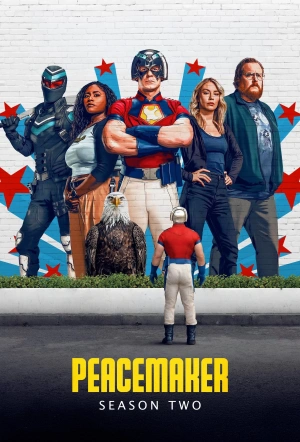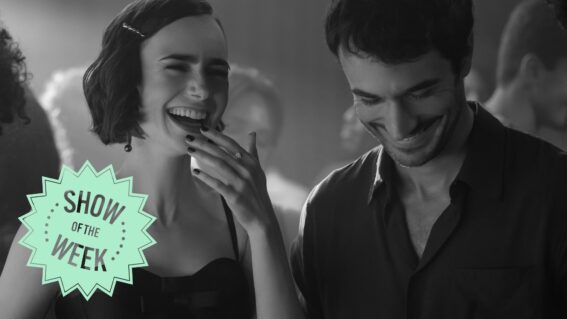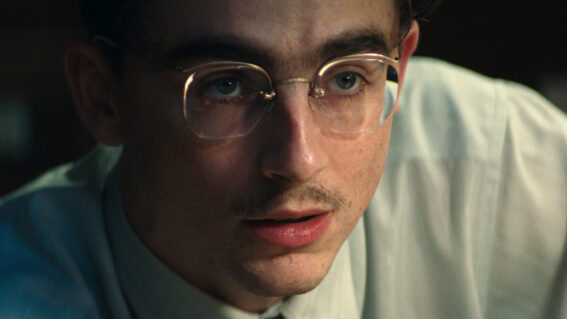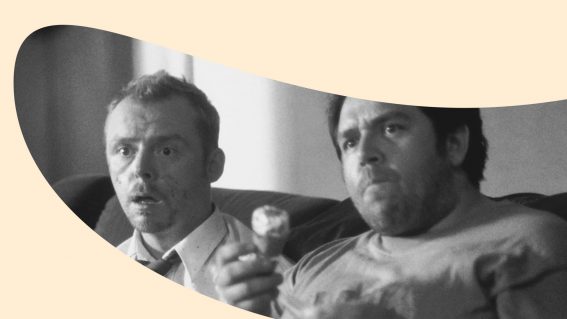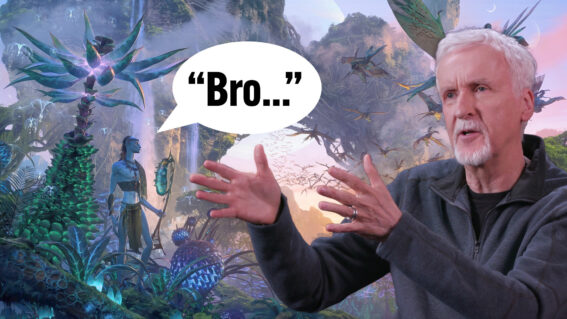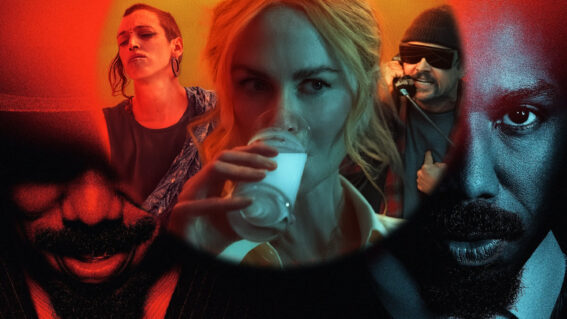It’s clear James Gunn has great affection for Peacemaker and his motley crew
“It’s a show I love dearly. But I’ve only recommended it to people who I know are on its bloody, foul-mouthed wavelength.”
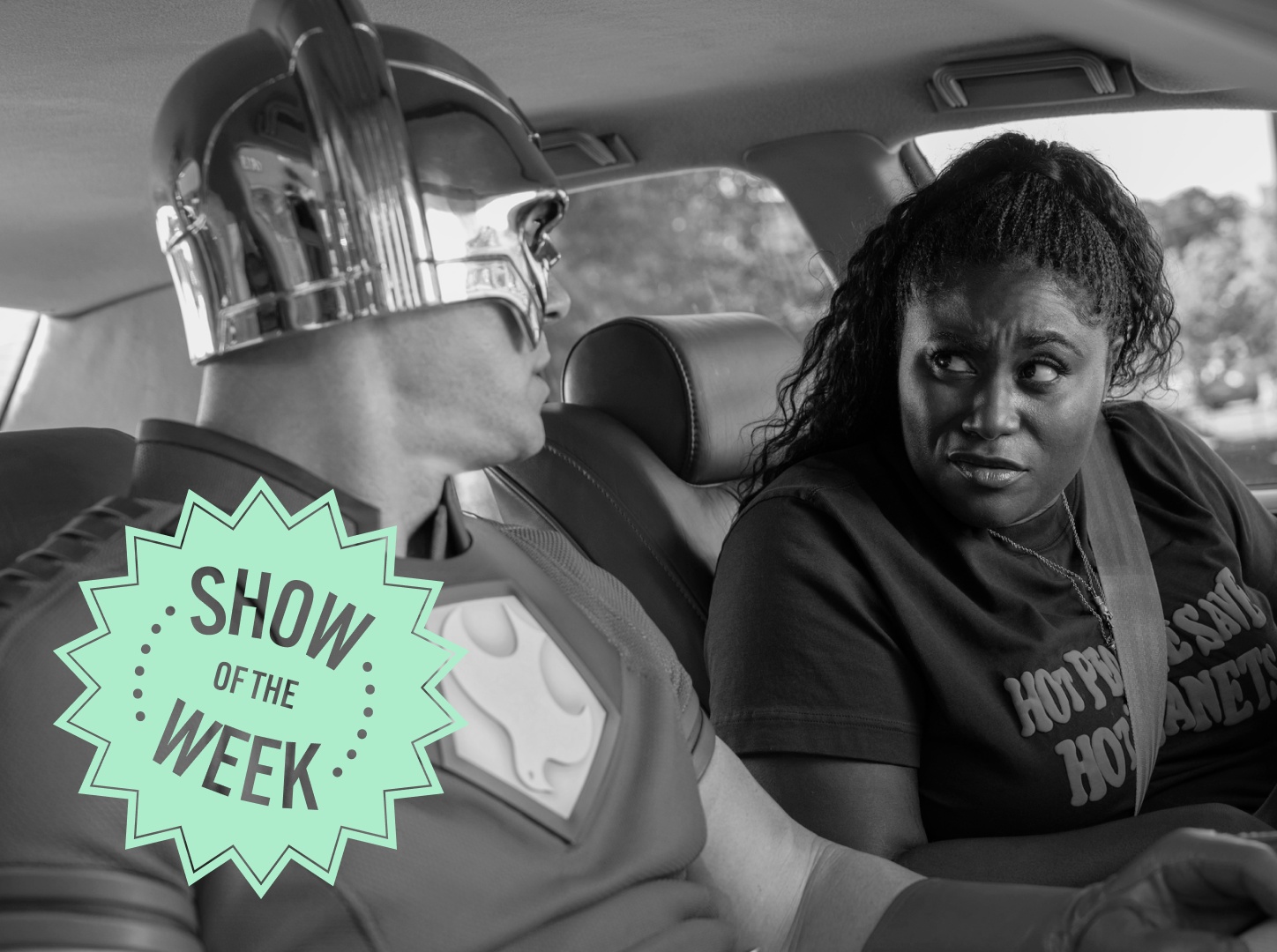
This summer’s Superman was exactly the kind of film you could recommend to anyone. As a reboot of the DC universe, by its new heads James Gunn and Peter Safran, it revamped old-fashioned, larger-than-life heroism for the era of corporate rule, for a blockbuster story that felt broadly life-affirming and colourfully wholesome.
I wouldn’t exactly say the same of DC’s Peacemaker, even if they both fall under the Gunn banner. It’s a show I love dearly. But I’ve only recommended it to people who I know are on its bloody, foul-mouthed wavelength, and would have an interest in a group of traumatised, inconsiderate losers learning that they might, in fact, have the capacity for heroism in their broken, little hearts.
But for all its intentional dumbassery and gorilla-impaled-on-a-chainsaw antics, Gunn allowed the most emotionally stunted character in The Suicide Squad (2021), John Cena’s Christopher Smith aka Peacemaker, to confront how much he was shaped by his violent and abusive childhood and imagine what he could become beyond that influence.
Gunn has teased that Superman and Peacemaker season two contain parallel stories—and, having watched the first five episodes made available to critics, I see exactly what he means by that. If Superman was (without giving away too many spoilers) about a guy raised by good people, the Kents, forced to question how his life may have otherwise turned out, then Peacemaker is about a guy raised by bad people, forced to question how his life may have otherwise turned out. It’s not a part of processing trauma that people tend to talk about, but it’s a mightily relatable one—that little, coiled-up ball of resentment, the lingering question of whether you could have been a better person if life had given you a fairer shot.
Season two sees Chris experience that feeling in its most literal form, after he accidentally stumbles into—via his dead dad’s “quantum unfolding storage area”, introduced in season one—a different dimension in which his childhood wasn’t traumatic, and he’s now the lauded hero he always wanted to be. Our Peacemaker and his crew did, technically, save the world from an invasion of alien “butterflies”, but no one seems to have given them credit where credit’s due.
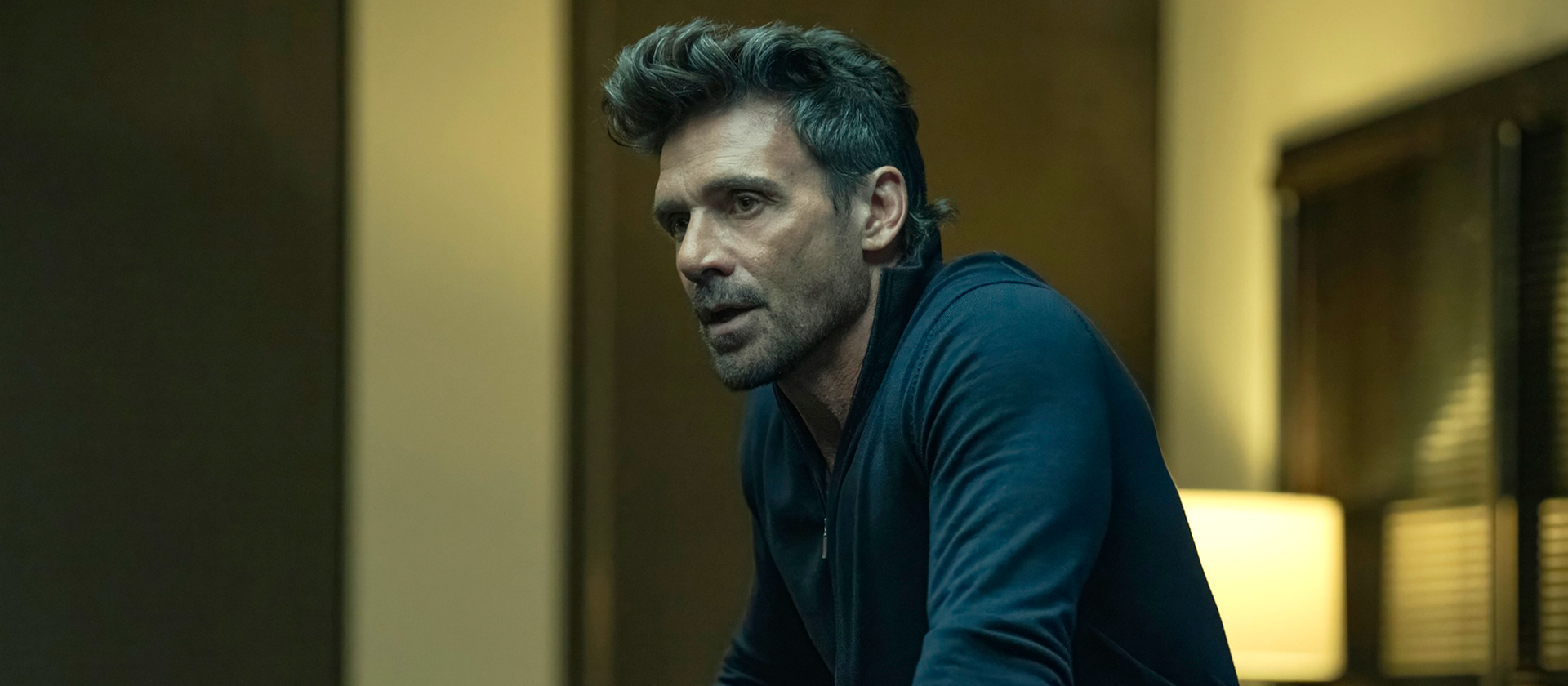
Chris has done all the work, in hero terms and in personal growth terms, yet still, people only think of him as the asshole who killed (back in The Suicide Squad) Colonel Rick Flag Jr. (Joel Kinnaman). And that’s a real problem now that the new head of the government agency A.R.G.U.S. is Rick’s dad, Rick Flag Sr. (Frank Grillo, introduced in what was technically the first project of the new DCU, the animated series Creature Commandos).
Introducing a multiversal plot here is, for Gunn, a fairly handy way to ease the transition from the previous DCEU (where Peacemaker was first introduced) to the DCU. An opening recap of season one changes a few key details, while there are little bits of information dropped here and there to let us know what from the past is and officially isn’t canon. You have to give Gunn some kudos for this. It’s much smoother than you’d expect. He’s used what is, functionally, the storytelling equivalent of rearranging furniture to still provide us with thoughtful, nuanced character studies.
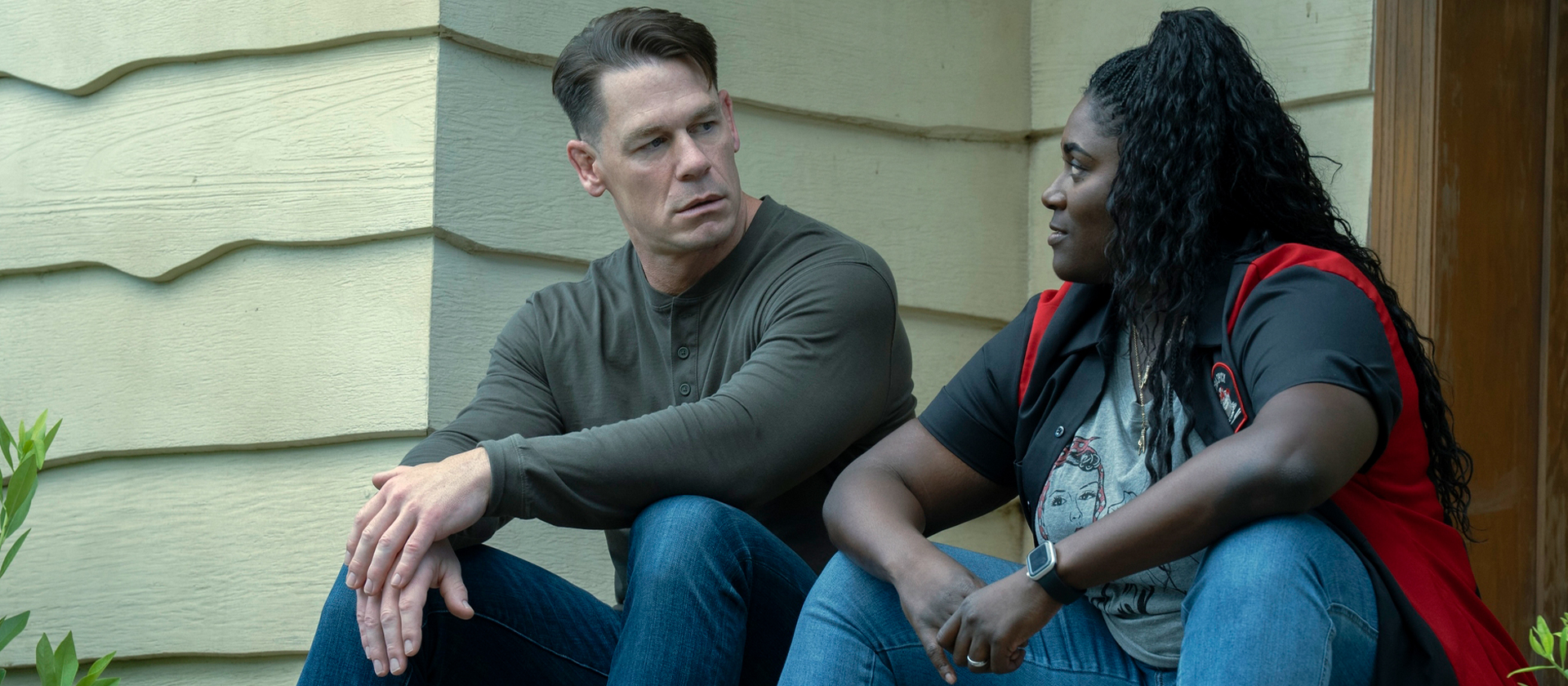
It’s clear he has a great affection for the 11th Street Kids, Peacemaker and his crew. He hasn’t directed all this season’s episodes, but he has written them, and the characters still function remarkably like a real friendship group, in a way that’s rare to see in this genre (take the Avengers, who never even bothered to check in on the Scarlet Witch while she was full-blown, sitcom-hallucinating delusional). They’re at their most harmonious and boisterous together, but also function as a complex web of smaller relationships and interlocking personal struggles.
Emilia Harcourt (Jennifer Holland) has been blacklisted from every government agency in retaliation for her actions and is working through some conflicting, possibly romantic feelings for Chris. She takes it out on random, though deserving, bar patrons. Violence is all she’s ever known. John Economos (Steve Agee), whose core philosophy has tended towards practical cowardice, is back at A.R.G.U.S., even if it puts his friends at risk. Leota Adebayo (Danielle Brooks) is estranged from her wife Keeya (Elizabeth Faith Ludlow), because there’s no real going back to who she was before, even if that means kicking all the couple’s plans to the curb.
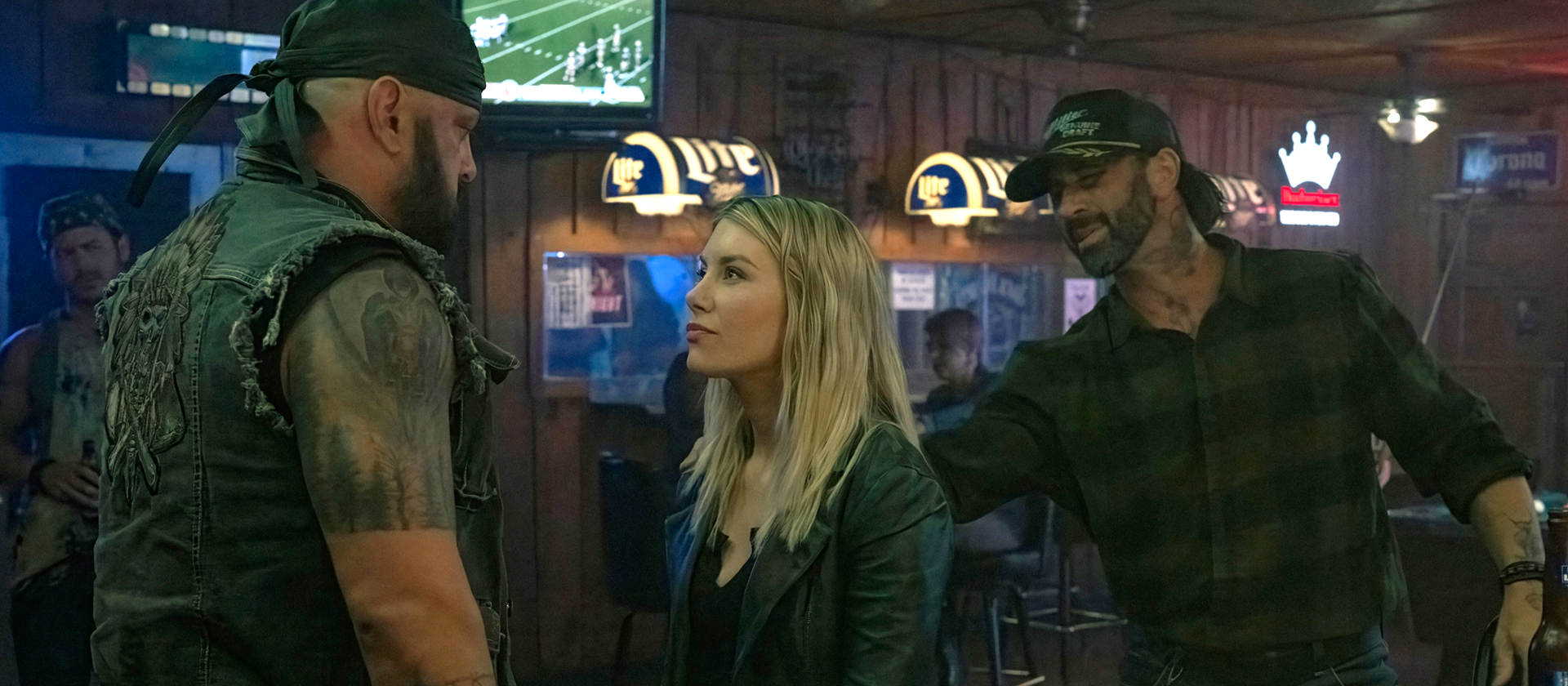
Adrian Chase aka Vigilante (Freddie Stroma) hasn’t been around too much this season, though he does have its best running joke, which for such a heavily autistic-coded character nicely breaks away from the savant stereotype—safe to say, just because someone has a special interest, it doesn’t automatically make them the world’s leading expert in that field. I suspect, however, that Gunn has a good reason for sidelining our beloved Vij, and it’ll hopefully pay off in the final three episodes.
There are new characters, including Tim Meadows’s lecherous agent Langston Fleury, and some returning ones, including Nhut Le’s Judomaster. Their mileage varies. And Peacemaker still remains immature and violent in a way that some people will love (me) and others will find tedious. But for all that Superman inspires us to be better people, I think it’s very nice, too, to have the reminder that sometimes doing your best doesn’t look like all that much to the outside world.





